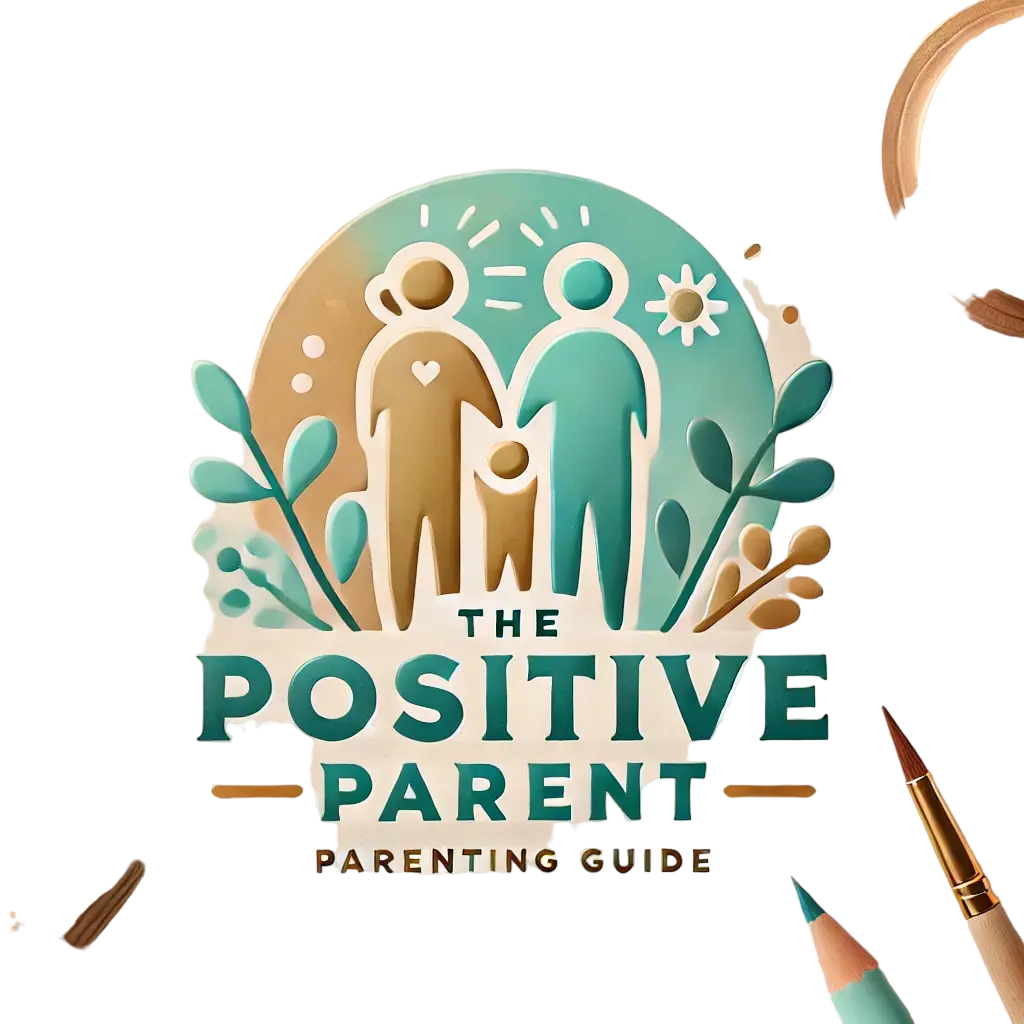Kids Are More Bored Than Ever—This May Be the Reason Why
Category
Categories

Children Expressing Increased Boredom Levels, Experts Analyze Possible Reasons
Parents are noticing a surge in boredom levels among children of various age groups. Specialists delve into the causes and solutions for this issue.
“I’m bored.”
The familiar complaint of boredom is becoming prevalent among children, with parents observing high rates of boredom across different age brackets. Recent data highlights this concerning trend, prompting parents to pay attention to their children’s mental well-being.
A survey conducted by OnePoll, in collaboration with Elmer’s, gathered insights from 2,000 parents with children aged 3 to 12. The findings revealed that kids could become bored in as little as 33 minutes, shedding light on the widespread nature of this issue among the younger population.1
Even teenagers are grappling with increased boredom levels. An analysis conducted by YahooLife based on the University of Michigan’s Monitoring the Future survey showed a rise in boredom rates during the pandemic lockdowns, with a subsequent increase in 2023 among 8th, 10th, and 12th-grade students.2
Screen Time Impact on Boredom Increase
Experts attribute the rise in boredom to increased screen time among children.
Technological Age Perspective
Jillian Amodio, a licensed social worker at Waypoint Wellness Center in Maryland, emphasizes the influence of the technological age on children’s play behavior. She explains that children today navigate a different world compared to past generations, impacting their play habits.
Parental Challenges and Mental Health
Amidst the chaos of managing household responsibilities, work commitments, childcare, and mental health struggles, parents face the dilemma of addressing their children’s boredom. This poses a significant challenge in today’s society.
Expert Advice and Self-compassion
Mental health professionals offer insights into the factors contributing to increased boredom rates, practical steps for addressing the issue, and stress the importance of showing kindness to oneself in navigating these complex dynamics.
Boredom in Children and Tweens
According to the Elmer’s survey, 81% of parents with children aged 3 to 12 noted that their kids were always seeking activities after returning home from school or daycare. It is essential to consider what is considered a typical attention span for children within this age range. Different experts have provided varying definitions, with most indicating an attention span of one to three minutes per year of age.
Child psychologist Leslie Taylor, PhD, from UTHealth Houston, suggests that a child’s attention span is ideally twice their age in minutes, with a maximum of three times their age.
In general, a child without neurodivergence typically exhibits an attention span within the range of:
Understanding a 3-Year-Old’s Attention Span
It is common for a 3-year-old to have an attention span of less than 33 minutes, which can be challenging.
The Perception of Boredom
Dr. Zishan Khan, a psychiatrist at Mindpath Health, believes that what may seem like boredom in children is often just a reflection of their age-appropriate attention spans.
The Complexity of Boredom
The question of whether children are truly bored is intricate and influenced by the modern age.
Parental Involvement
Alejandra Galindo, a therapist at Thriveworks in Houston, highlights the importance of parents spending quality time with their children at home. However, the demands of modern life can make it challenging for parents to consistently engage with their children in a meaningful way.
Impact of Increased Screen Time on Children
Parents are increasingly relying on screens to occupy their children’s time, with activities like co-viewing screen time and using fast-paced TV shows as distractions. The Elmer’s survey revealed that 80% of parents noted their kids watched more TV outside of school and childcare settings, while about two-thirds reported increased engagement in playing with toys or interacting with siblings and friends.
Consequences of Excessive Screen Usage
Although understandable, the reliance on screens can lead to negative outcomes. Dr. Khan points out that continuous screen exposure may result in children becoming dependent on constant stimulation, affecting their ability to engage in independent and imaginative play. This dependency may further lead to shorter attention spans and heightened feelings of boredom when not using screens.
Ways to Address Boredom in Children and Tweens
To tackle the issue of boredom, Dr. Khan recommends:
Boredom in Teens
The increase in boredom rates among U.S. teens began before the COVID-19 lockdown, with a study showing a continuous rise from 2010 to 2017.3 The pandemic further exacerbated this trend with the shift to remote learning, activity cancellations, and limited social interactions.
Recent findings by YahooLife revealed a significant surge in the number of teens expressing boredom in 2021, with 21% of 8th graders and 45% of 12th graders reporting feeling bored, marking a notable increase compared to 2014.2
Although boredom rates saw a decline in 2022, they rose again in 2023. Experts attribute this phenomenon partly to excessive screen time, among other contributing factors.
Effects of Digital Engagement and Lack of Freedom on Teen Boredom
Dr. Khan emphasizes that continuous digital exposure can result in overstimulation, diminishing interest in offline activities and contributing to boredom. He notes that today’s teenagers may have less independence to explore their surroundings, leading to feelings of confinement and monotony.
The Influence of Control on Teen Engagement
Galindo highlights the significance of autonomy in teenagers’ involvement. When adolescents perceive a lack of control or options, they may disengage. For instance, giving them limited freedom in decision-making, like assigning them a simple task, can trigger avoidance behavior and reluctance.
Combating Teenage Boredom
Parents have the opportunity to collaborate with their teenagers in reducing feelings of boredom.
When Is Boredom a Cause for Concern?
Boredom can actually be beneficial in moderation, as experts suggest. According to Dr. Khan, it can spark creativity, self-reflection, and problem-solving. However, prolonged boredom without constructive activities may result in negative behaviors and mental health issues, especially in children.
In some cases, boredom and attention span challenges could be indicators of ADHD, requiring support and attention from parents and children.
Dr. Khan highlights that while occasional boredom is normal, persistent difficulties in attention and behavior could signal ADHD. If these behaviors persist and affect daily life, including school performance, consulting a psychiatrist is recommended.



